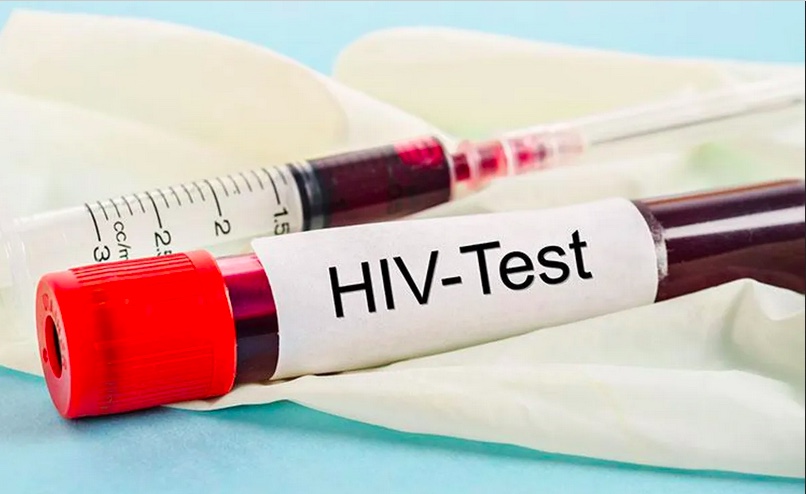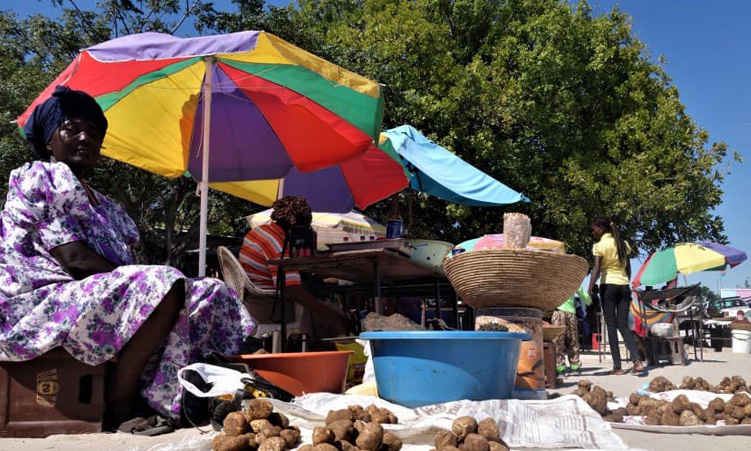A senior official in the Ministry of Environment and Tourism has said Namibia has prepared a strong case to be presented to Cites later this year, requesting to be allowed to trade in ivory annually.
The United Nations Convention on International Trade on Endangered Species of Wild Flora and Fauna (Cites) meets for the 13th time in Bangkok, Thailand in October. Dr Malan Lindeque, the Permanent Secretary in the Ministry of Environment and Tourism, said:”We believe we have a strong case, based on scientific information.”But, he said Namibia needed to work harder to make sure that it gets the two-thirds of votes needed for the decision.Dr Lindeque said although he expected stiff opposition to Namibia’s proposal, the country has good wildlife conservation measures in place and strongly believed that its citizens should benefit from the elephants.Namibia wants Cites to allow the country to trade in ivory every year, as well as to trade in worked ivory products for commercial purposes.Namibia also wants to be allowed to trade in leather and hair goods for commercial purposes.”The biggest threat to the Namibian elephant population is nevertheless the loss of habitat and the fragmentation of range through the interruption of access routes and conflicts with people in the absence of effective incentive mechanisms to maintain such habitat and balance the costs of living with elephants in subsistence agriculture environment,” the Ministry’s document states.Namibia wants to have an annual export quota of 2 000 kg of raw ivory.The Ministry says revenues from ivory sale will be used for elephant conservation and community conservation and development programmes within the elephant range.Every two years, Cites reviews the global list of endangered species, which offers varying degrees of protection to some 30 000 plants and animals species.Dr Malan Lindeque, the Permanent Secretary in the Ministry of Environment and Tourism, said:”We believe we have a strong case, based on scientific information.”But, he said Namibia needed to work harder to make sure that it gets the two-thirds of votes needed for the decision.Dr Lindeque said although he expected stiff opposition to Namibia’s proposal, the country has good wildlife conservation measures in place and strongly believed that its citizens should benefit from the elephants.Namibia wants Cites to allow the country to trade in ivory every year, as well as to trade in worked ivory products for commercial purposes.Namibia also wants to be allowed to trade in leather and hair goods for commercial purposes.”The biggest threat to the Namibian elephant population is nevertheless the loss of habitat and the fragmentation of range through the interruption of access routes and conflicts with people in the absence of effective incentive mechanisms to maintain such habitat and balance the costs of living with elephants in subsistence agriculture environment,” the Ministry’s document states.Namibia wants to have an annual export quota of 2 000 kg of raw ivory.The Ministry says revenues from ivory sale will be used for elephant conservation and community conservation and development programmes within the elephant range.Every two years, Cites reviews the global list of endangered species, which offers varying degrees of protection to some 30 000 plants and animals species.
Stay informed with The Namibian – your source for credible journalism. Get in-depth reporting and opinions for
only N$85 a month. Invest in journalism, invest in democracy –
Subscribe Now!






